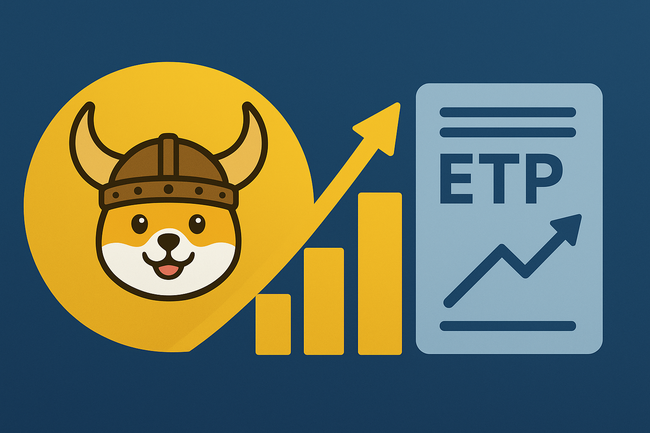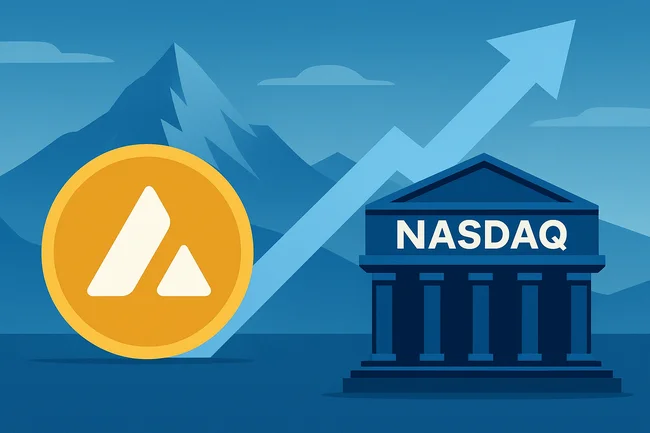A Distributed Consensus Mechanism is a process used by decentralized networks to reach agreement on the state of a shared database, ensuring all participants have a consistent view. It’s crucial for maintaining the integrity and security of the system without a central authority.In such systems, multiple nodes independently validate transactions or data changes. The mechanism prevents conflicting transactions and ensures that all participants can trust the information in the network. Different algorithms are employed, such as Proof of Work or Proof of Stake, each with its strengths and weaknesses.For example, in Proof of Work, nodes compete to solve complex mathematical problems, and the first to succeed gets to add a new block of transactions to the chain. In contrast, Proof of Stake allows participants to validate transactions based on the number of coins they hold and are willing to “stake” or lock up as a form of security.Overall, these mechanisms enable reliable operation of decentralized systems, promoting security and trust among users.

First Floki ETP Launches in Europe, Listed on Spotlight Stock Market
A new exchange-traded product (ETP) tied to the cryptocurrency Floki has gone live in Europe, marking the first time a



